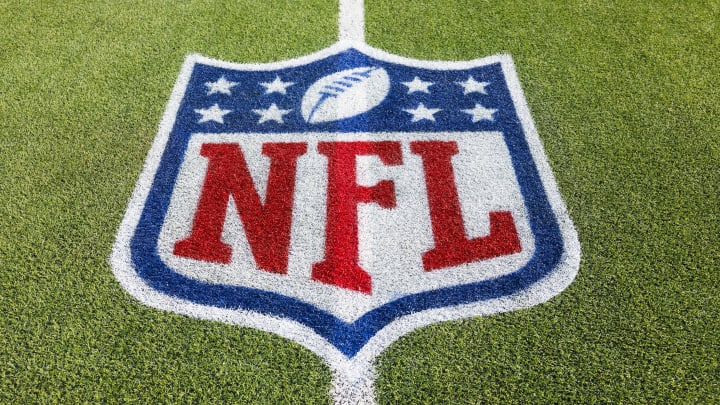What Are Overtime Rules In The NFL Playoffs?

The NFL's overtime rules have long been controversial, and overtime in the postseason looks different than the rules in the regular season. This piece examines the changes the league has made over the past few years and the differences between the regular season and postseason.
NFL Regular Season Overtime Rules
During the regular season, overtime is a single period lasting 10 minutes -- changed from 15 in 2017 in a move to improve player safety. In 2012, the NFL changed the rule to ensure both teams have a chance to possess the ball, unless the team that has the ball first scores a touchdown. If the opening drive results in a field goal, the other team will get a chance at an offensive series. If the team with the ball on the opening drive fails to score, the rules revert to a sudden death format. If the 10 minute period ends with the score tied, the game is over and each time is awarded a tie on their record.
Some other elements of the regular season OT rules:
-Each team gets two timeouts/
-The extra point try is not attempted if the game ends on a touchdown.
-There are no instant replay challenges, all reviews will be initiated by the replay official.
The postseason rules are a bit different.
NFL Playoff Overtime Rules
In the playoffs, games cannot end in a tie, so rules are a bit different. Overtime periods are 15 minutes in length, and if a period ends in a tie, another 15 minute period will begin immediately, with no intermission or halftime. Additionally, each team will get the opportunity to possess the ball regardless of what happens on the opening possession. If both teams have possessed the ball and the score is still tied, sudden death rules apply.
Additional overtime playoff rules:
-Each team gets three timeouts that cover each "half" of overtime.
-The timing rules of the second and fourth period of regulation apply to the second and fourth period of overtime.
-The captain who lost the first OT coin toss will choose possession or which goal to defend between the second and third OT periods.
-If there is no winner after four overtime periods, another coin toss will occur and play will continue until a winner emerges.